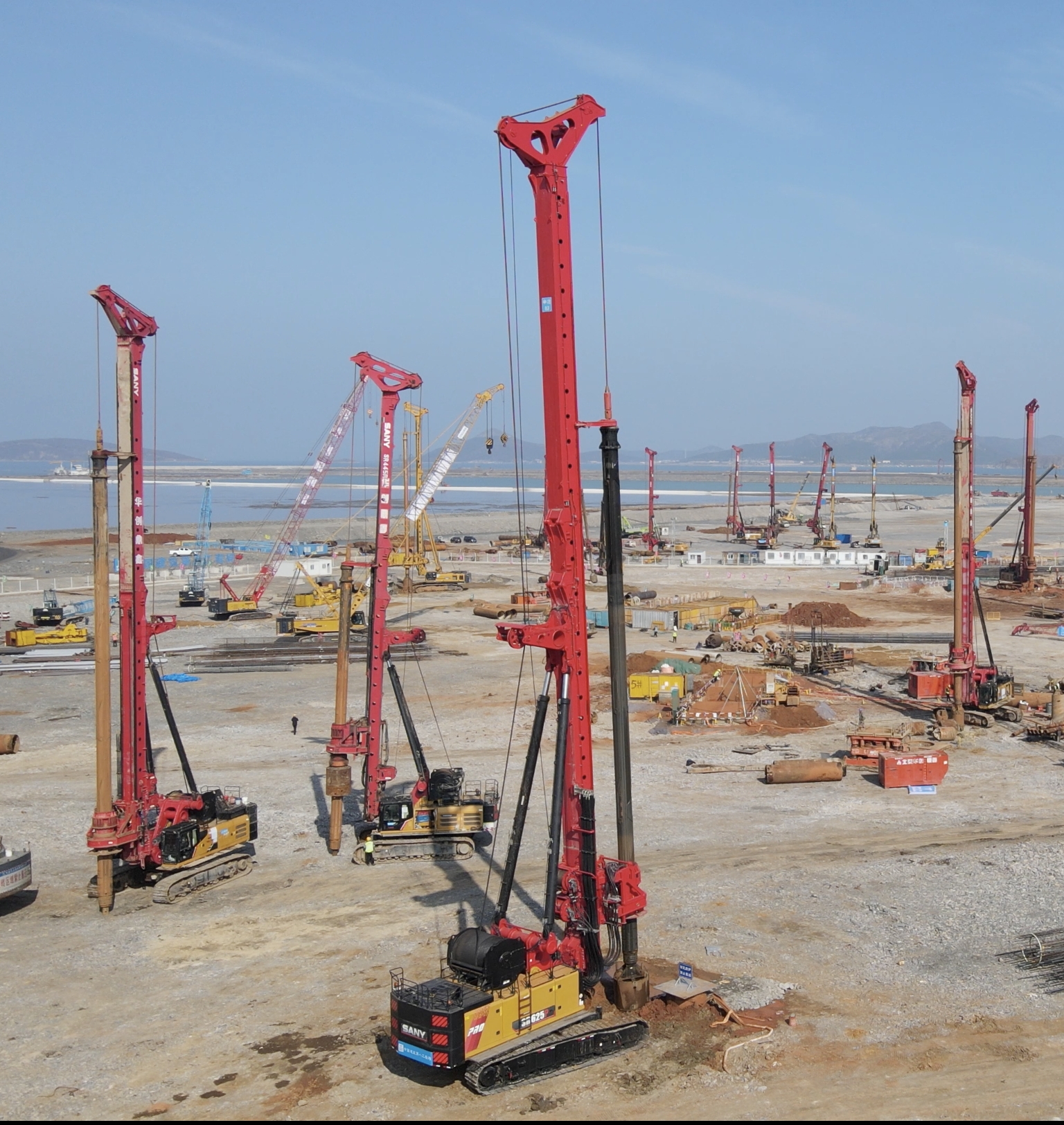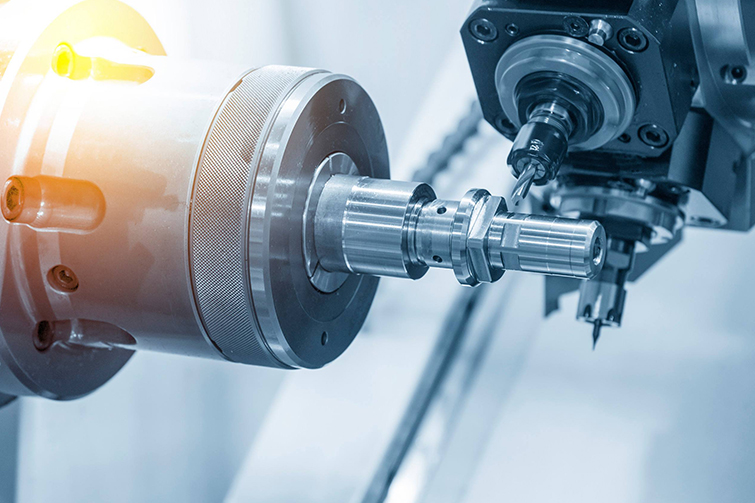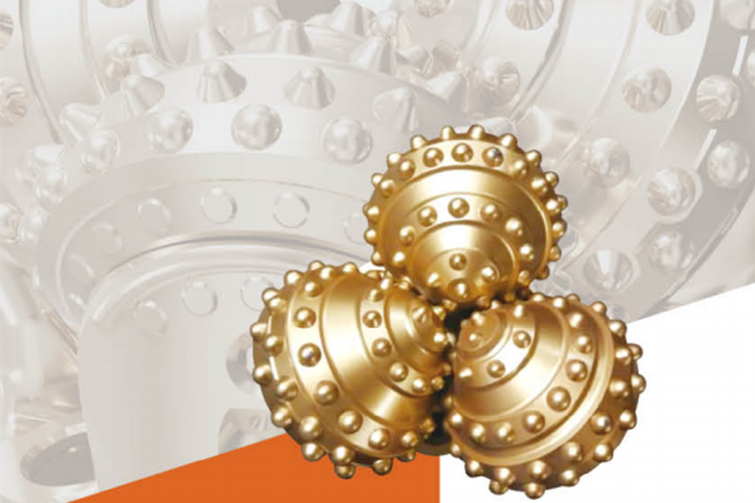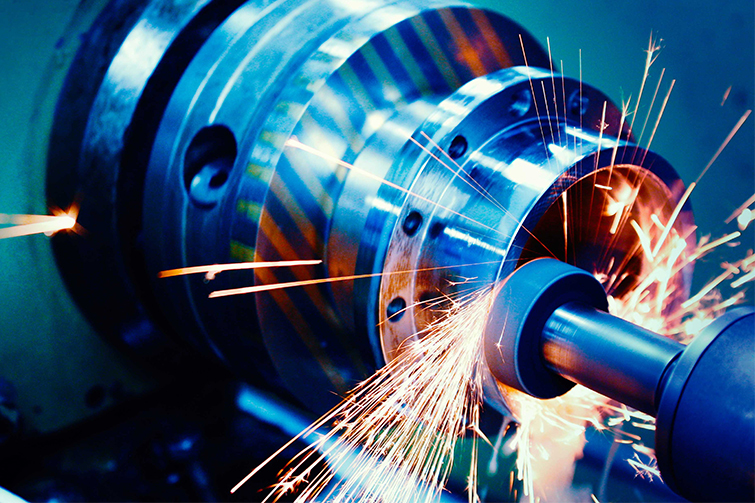

The Future of Smart Control and Automated Operation: A Technical Perspective

Understanding Smart Control and Automated Operation
At its core, smart control refers to the ability of systems or devices to operate autonomously, making decisions based on predefined criteria or learned behaviors. Automated operation, on the other hand, involves the execution of tasks without human intervention, often through programmed instructions. Together, these technologies are revolutionizing industries by enhancing efficiency, reducing errors, and enabling new capabilities.
The Mechanisms Behind Smart Control
Smart control systems rely on a combination of sensors, algorithms, and actuators. Sensors collect data from the environment, which is then processed by algorithms to make decisions. Actuators carry out the necessary actions based on these decisions. This closed-loop system ensures that operations are both responsive and adaptive to changing conditions.
Benefits of Automated Operation
The advantages of automated operation are manifold. Firstly, it significantly reduces the need for manual labor, leading to cost savings and increased productivity. Secondly, it minimizes human error, ensuring higher accuracy and reliability in operations. Lastly, it allows for the execution of tasks in environments that are hazardous or inaccessible to humans.
Future Prospects
The future of smart control and automated operation is bright, with advancements in artificial intelligence and machine learning paving the way for even more sophisticated systems. These technologies are expected to become more intuitive, capable of learning from their environment and improving over time. Furthermore, the integration of IoT devices will enhance connectivity, enabling seamless operation across multiple platforms and devices.
Common Questions
What is the difference between smart control and automated operation?
While both concepts involve reducing human intervention, smart control focuses on the decision-making aspect, whereas automated operation is about the execution of tasks without human input.
How do smart control systems learn?
Smart control systems learn through machine learning algorithms that analyze data from past operations to make informed decisions in the future.
Are there any risks associated with automated operation?
Yes, risks include system failures or malfunctions, which can lead to operational disruptions. However, with proper design and safeguards, these risks can be minimized.








